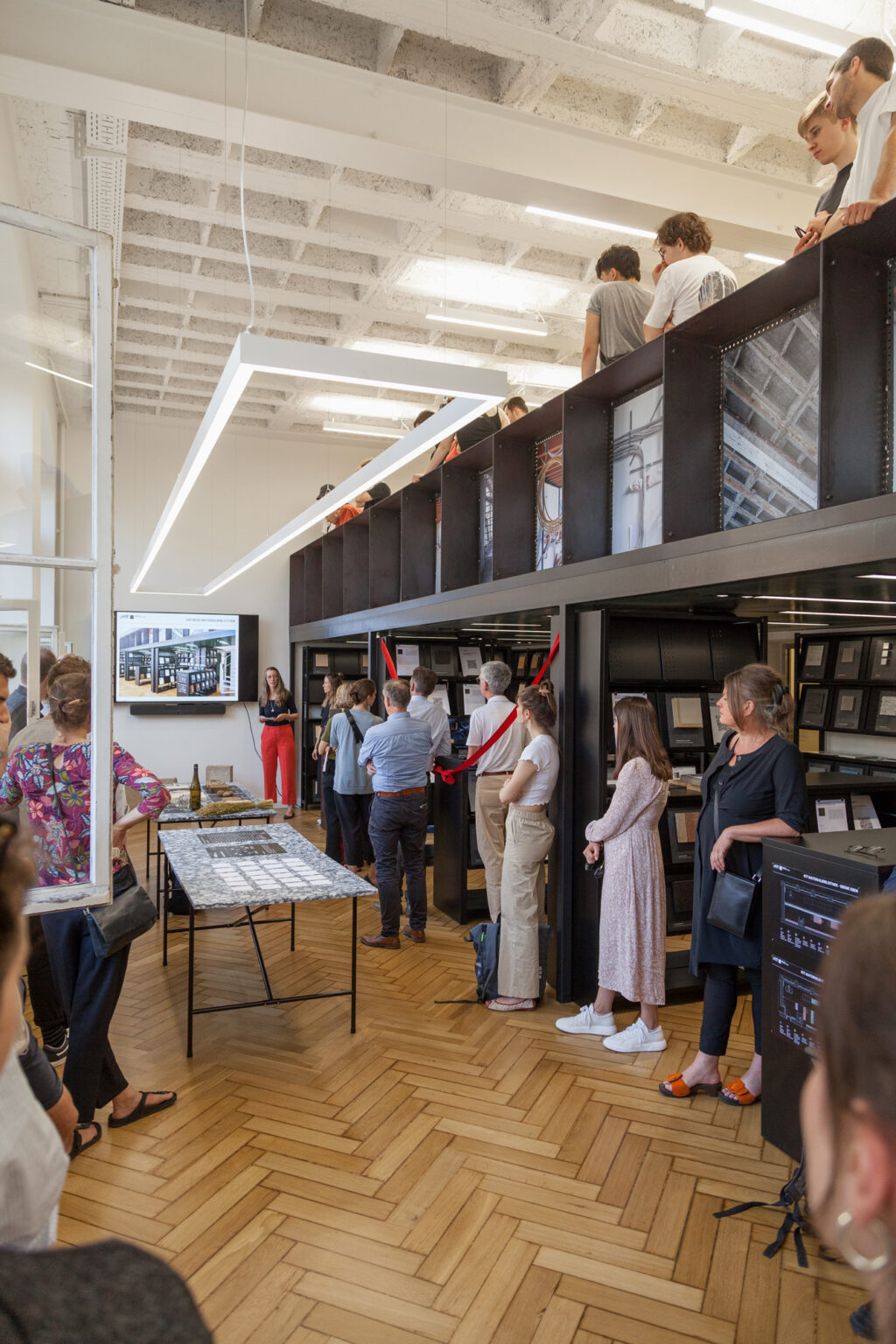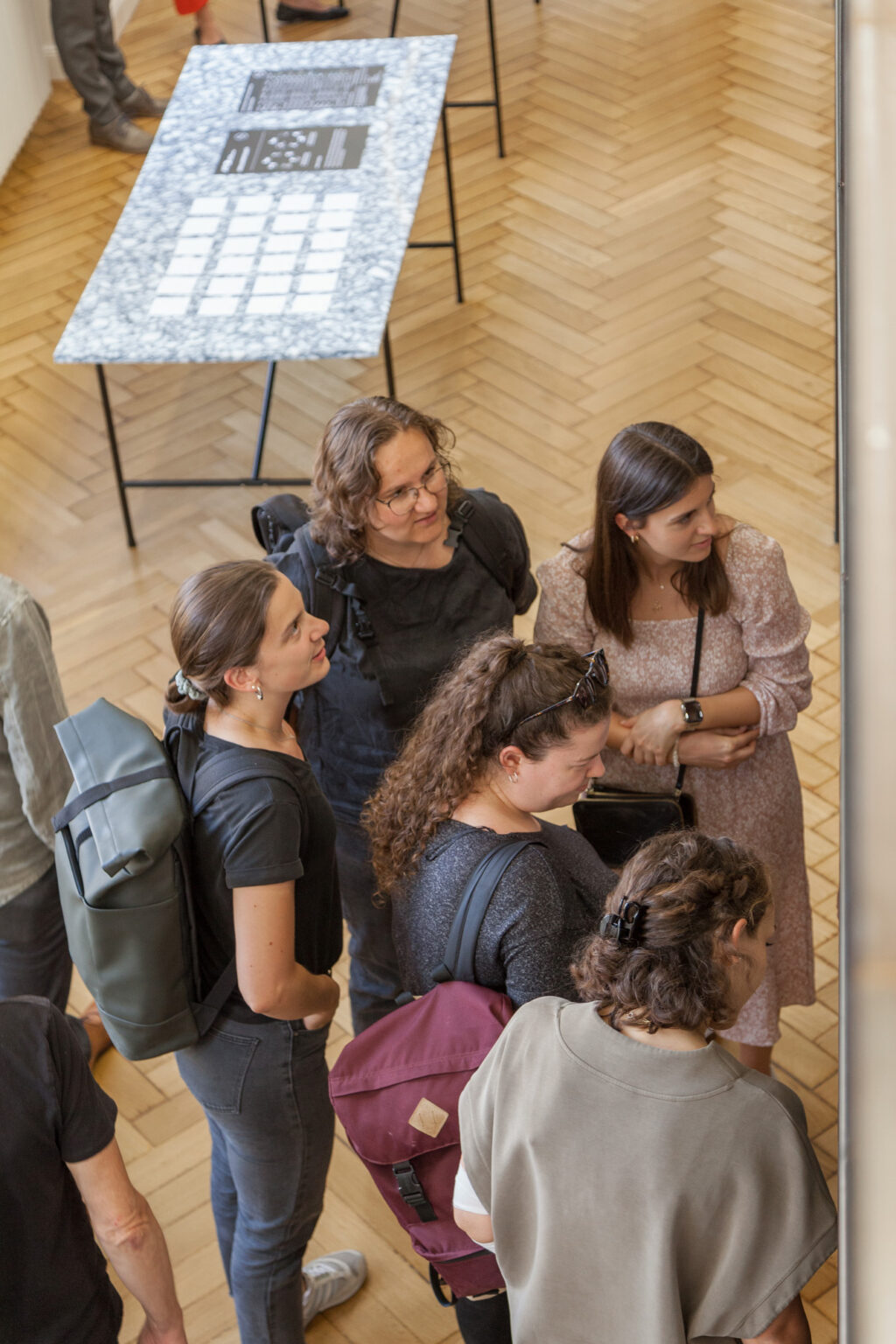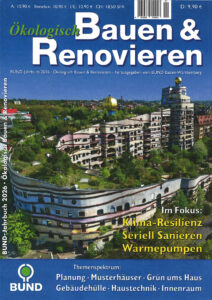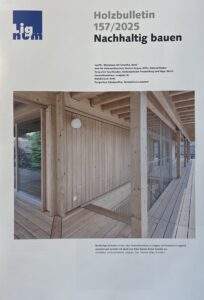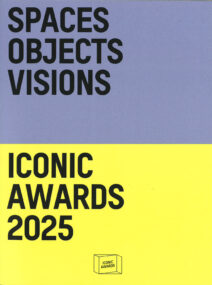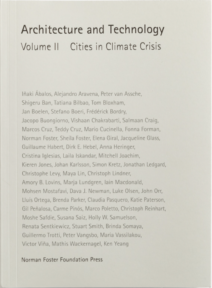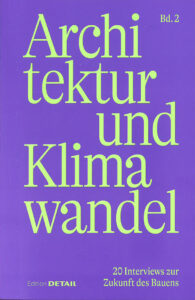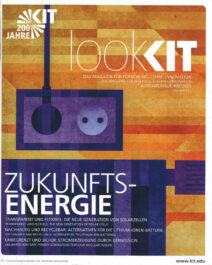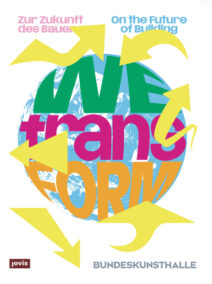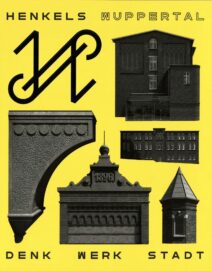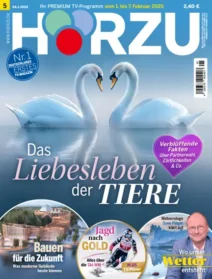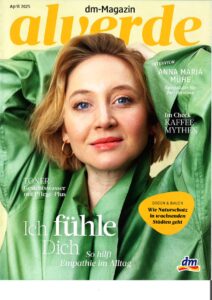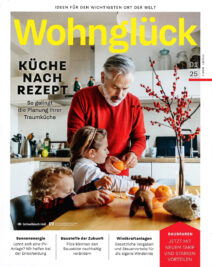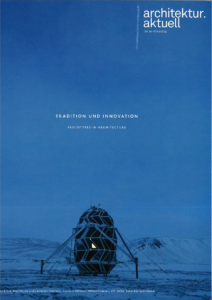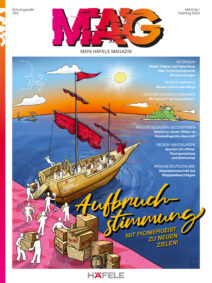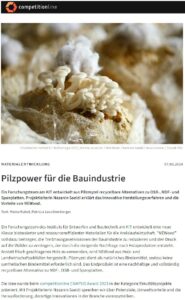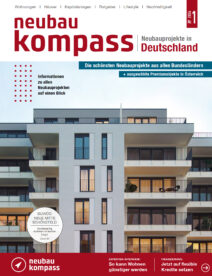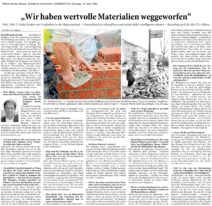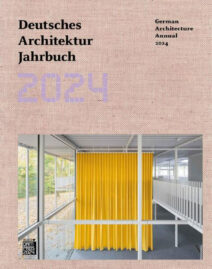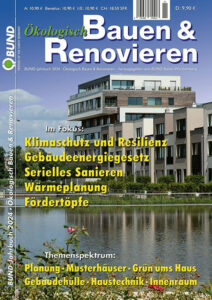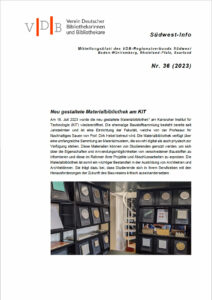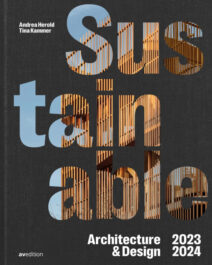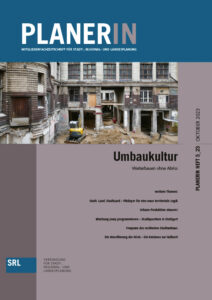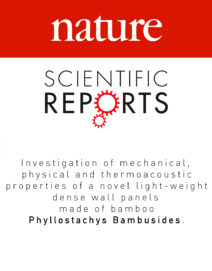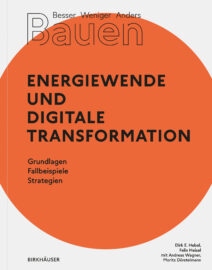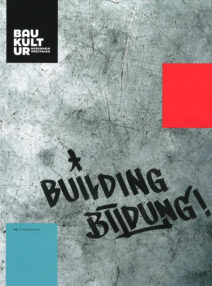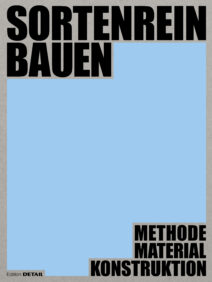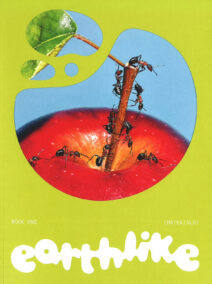The KIT Materials Library is reopened
The KIT Materials Library houses an extensive collection of material samples, whose haptic experience and critical assessment are of particular importance for the education of architects in our view. It offers the opportunity to learn about both established, well-known and new, innovative materials and technologies.
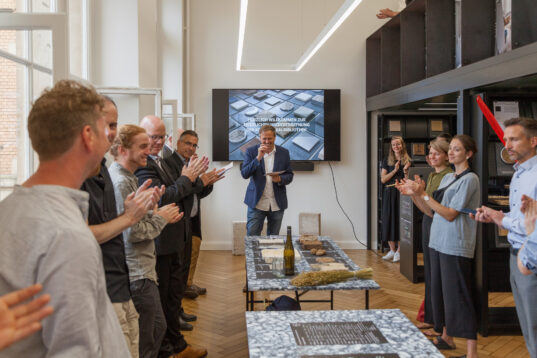
The extensive physical collection of material samples – and in the future also associated digital data sets – not only serves to deepen and illustrate the teaching of materials at the faculty, but also provides students with valuable assistance for working on exercises and in the design process. The material samples can be borrowed and used by students in the context of project developments and presentations.
During an evening event on 18 July 2023, the KIT Materials Library was finally ceremoniously reopened after a phase of restructuring and reconstruction. Prof. Dr. Alexander Wanner, KIT Vice President Teaching and Academic Affairs, Prof. Dr. Johannes Orphal, KIT Head of Natural and Built Environment, and Dr. Theo Mayer, Vice President R&D & Innovation Polymers, representing Wacker Chemie AG as sponsor, were invited as greeters. In addition, professors, employees and students of the KIT Faculty of Architecture, employees and responsible persons of some other KIT libraries as well as representatives of other universities, the Chamber of Architects and the manufacturing companies and sponsors of material samples took part in the event.
The KIT Materials Library is a central facility at the KIT Faculty of Architecture and is supervised by Sandra Böhm and Elena Boerman from the Sustainable Building Professorship (Prof. Dirk E. Hebel) and Thomas Kinsch.
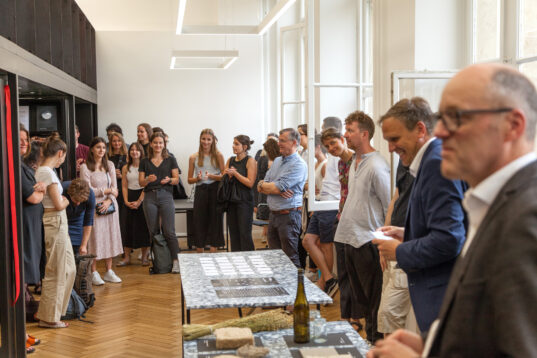
In the KIT Materials Library, a special focus is placed on building materials that either originate from local availability or local production, that can be composted in the biological cycle or recycled in the technical cycle without loss of quality, or that consist of secondary, reused or recycled raw materials of the anthropogenic stock. These thematic focuses on important questions of the 21st century make the KIT Materials Library an international focal point for targeted research and teaching.
The Materials Library is intended to function as a vessel for knowledge storage and knowledge transfer regarding innovative building materials for the present and the future, in order to educate the new generation of visionary and interested young people who are able to think transdisciplinarily and scientifically and to act sustainably.
Within the framework of the cooperation “Material Library of German Universities MDH”, which currently already includes the Bergische Universität Wuppertal and the Münster School of Architecture and whose network will be expanded in the future to include other universities and colleges, the digital component to the material library, the material database, is being developed. This database will be set up, filled and maintained in cooperation with the other universities. In the future, it will also be openly accessible on the website of the KIT Materials Library and contain extensive data sets on the material samples of the Materials Library’s inventory.
Changing exhibitions in the KIT Materials Library provide information on specific topics, such as natural insulating materials, native wood species or recyclable materials. Student work from the subject of materials science (Bachelor’s degree) as well as from materials-specific research seminars (Master’s degree) is firmly integrated into the materials library, both digitally and physically. The students themselves are thus actively involved in expanding the materials library.
The premises of the KIT Materials Library can be used for seminars, workshops and lectures. In addition, there are three open workstations for students in the library gallery, which can be used for further research.
As a central facility of the KIT Faculty of Architecture, the KIT Materialbiblitohek helps our students to critically and intensively deal with the goals and challenges, with the present and the future of construction.
More information about the KIT Materials Library here.
